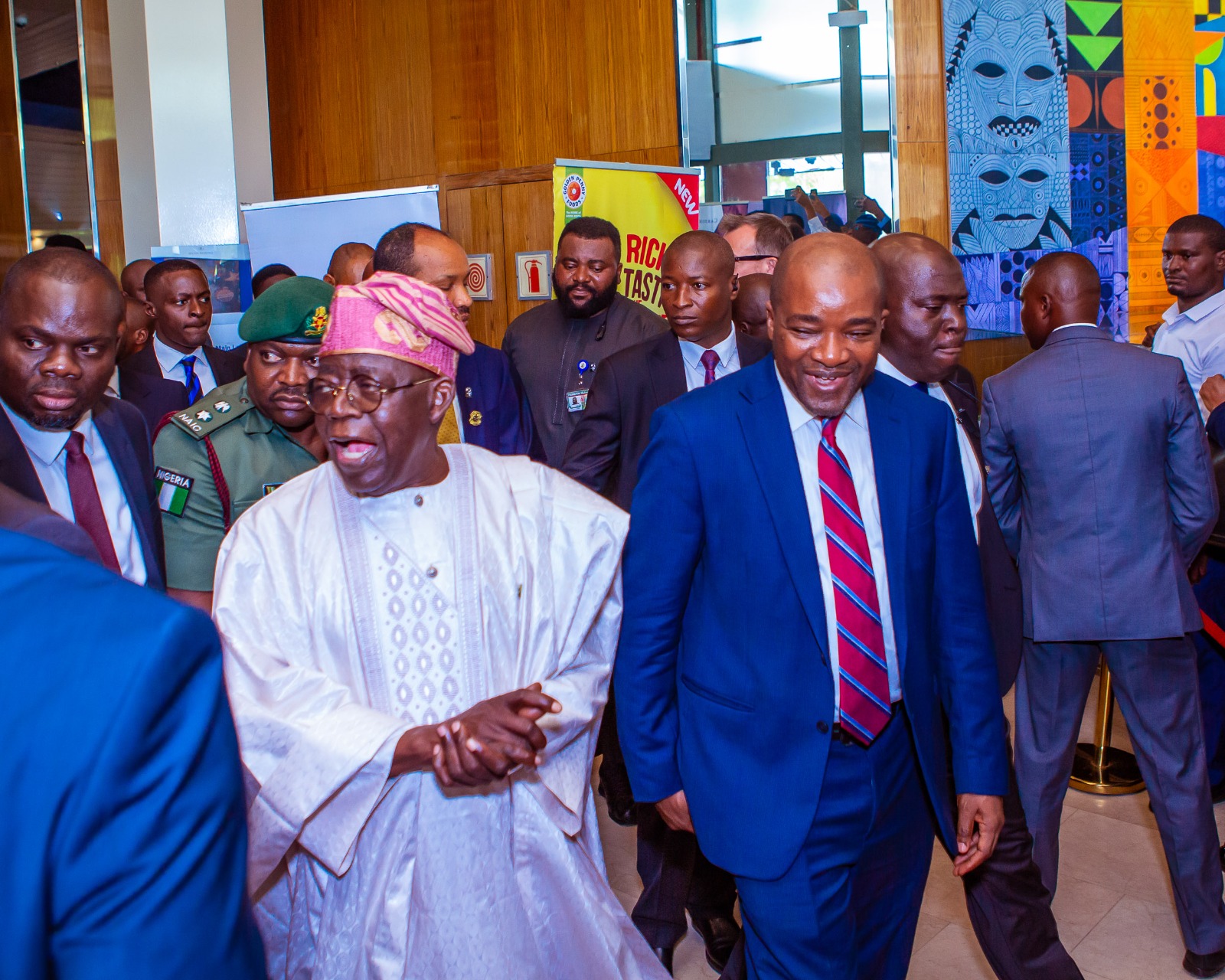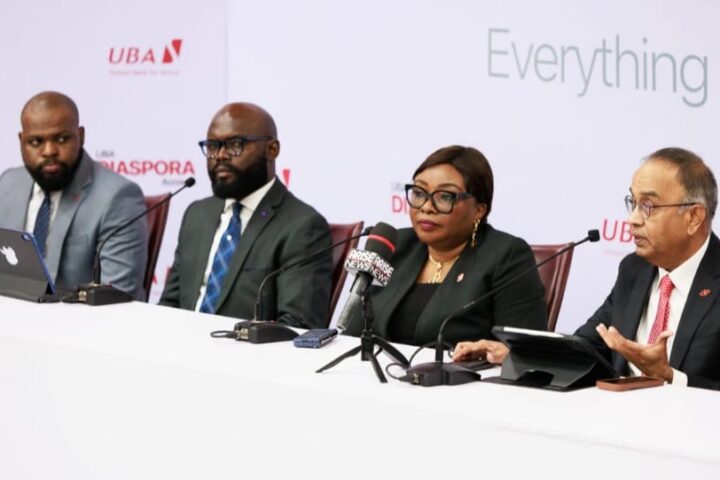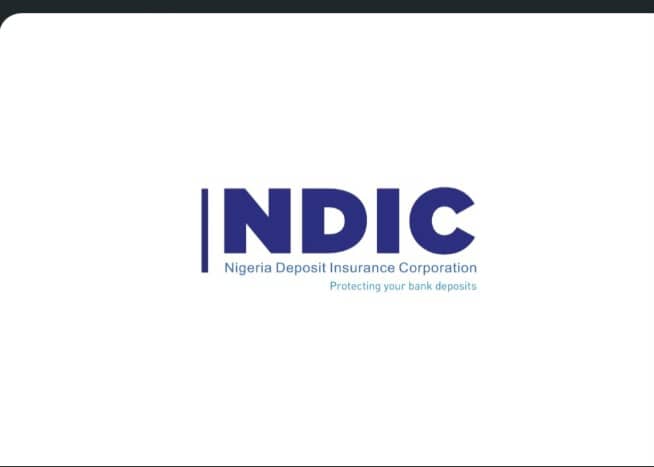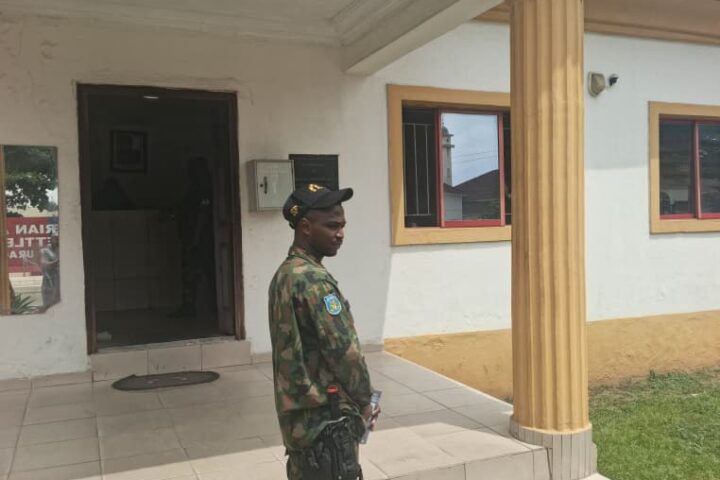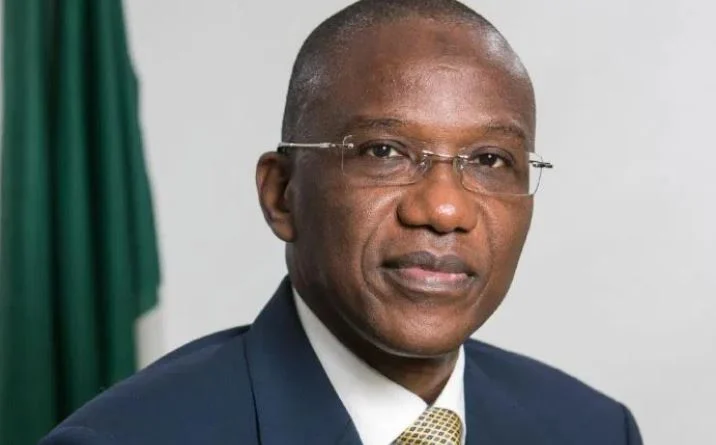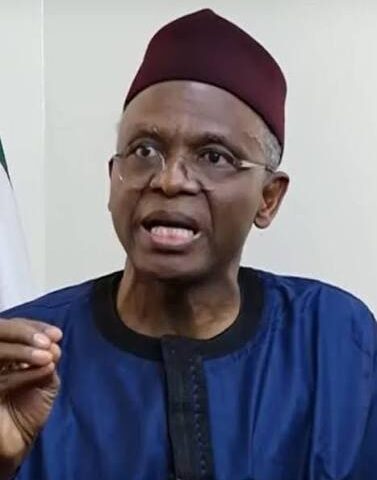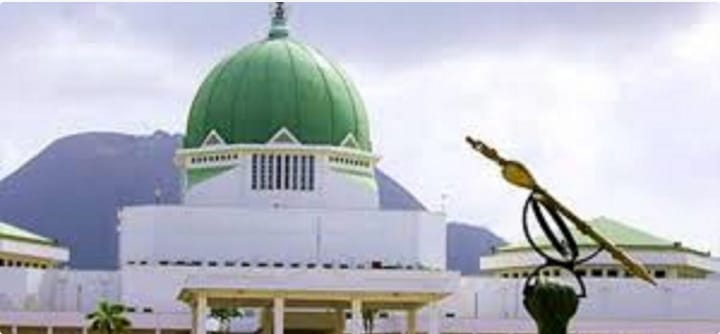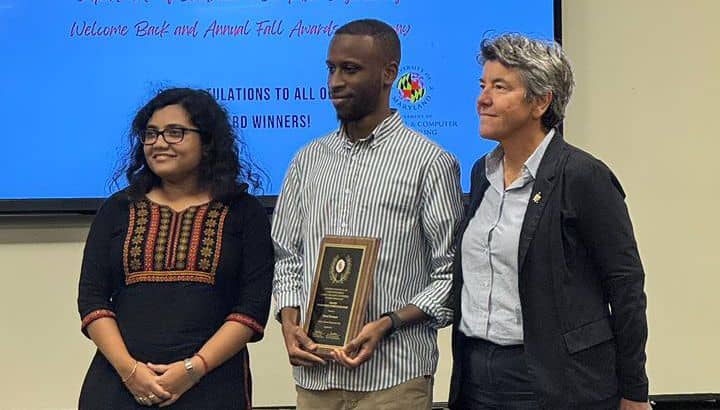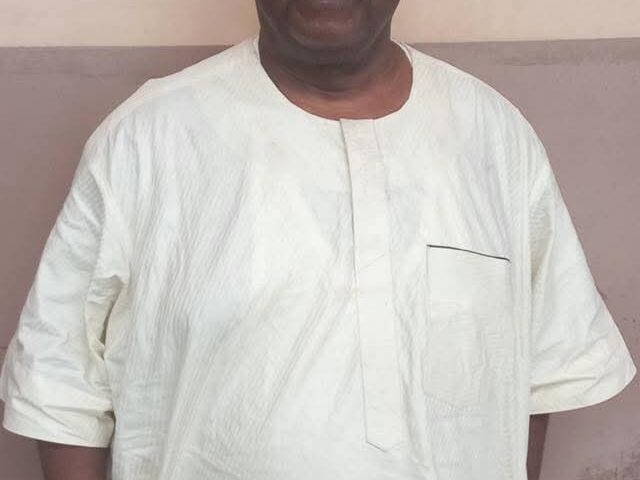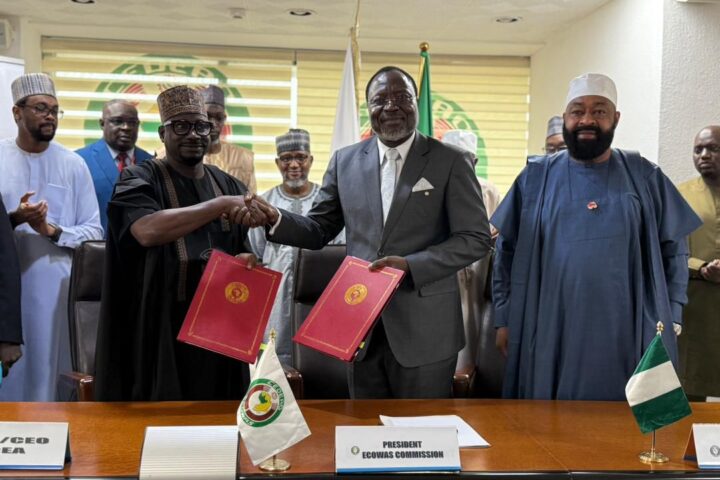Mohammed Shosanya
The Nigerian Economic Summit Group,NESG,has emphasized the need for urgent strategic shifts that impact the ease and cost of doing business within a relatively short period.
Its chairman,Mr.Niyi Yussuf,said this on Monday in Abuja at the opening ceremony of the 29th Nigerian Economic Summit(NES 29) organised by the Nigerian Economic Summit Group (NESG) in partnership with the Federal Ministry of Budget and Economic Planning.
He said the current state of ease of doing business is a matter of existential threat to the survival of enterprises and entrepreneurs.
Speaking on the challenges faced by the business operators in Nigeria, Yusuf said: “The low access to and increasing cost of FX, high cost of inventory, imported inputs, and operations, coupled with the diversity of taxes, continue to erode business balance sheets, with resultant contraction in production and employment.
“Large firms are battling low-capacity utilisation, while medium, small and micro-enterprises grapple with multidimensional complexities. These poor economic outcomes have created worsening social conditions that cannot be taken for granted.
“With more than 133 million multidimensionally poor Nigerians, there are potentially more risks of stagnation and distress if a low-growth and low-investment era persists. The future of the Nigerian Child is at stake, across every geopolitical zone.
“The Nigerian ageing population is also at risk. There is a high prospect that a retiree’s savings and investments will be eroded entirely just a few years into the first or second decade of retirement.
“Our high fertility rate which is driving a much higher population growth than economic growth poses a risk of an unproductive population bulge, with an unmanageable social infrastructure cost and burden for supporting our children’s health, nutrition and education.”
To achieve a multi-trillion dollar economy growth trajectory, Yusuf suggested a macroeconomic stabilisation programme supported by an aggressively scaled national security effort to halt all forms of syndicated and organised crime around crude oil and solid minerals.
“A Made-in-Nigeria Agenda. To Make-in-Nigeria, two strategic drivers require urgent investment:
He also said,Nigeria needs a national emergency energisation programme to enable access to stable, predictable, and affordable electricity supply and a national infrastructure corridor development programme
Nigeria,he said,requires a national job creation plan that drives the creation of huge volume of high-quality jobs,while a revised national assets optimisation plan that ensures critical national assets are fully utilised and productive was necessary.
He added:”Nigeria needs a national competitiveness plan that defines the sectors where we have a competitive advantage; and export expansion targets to achieve a trade surplus and a positive balance of payment and “capacity building agenda that answers the type of skills, competencies, expertise, and technological know-how required for the Nigerian Workforce for a Digitally Industrialised Nigeria, among others.


